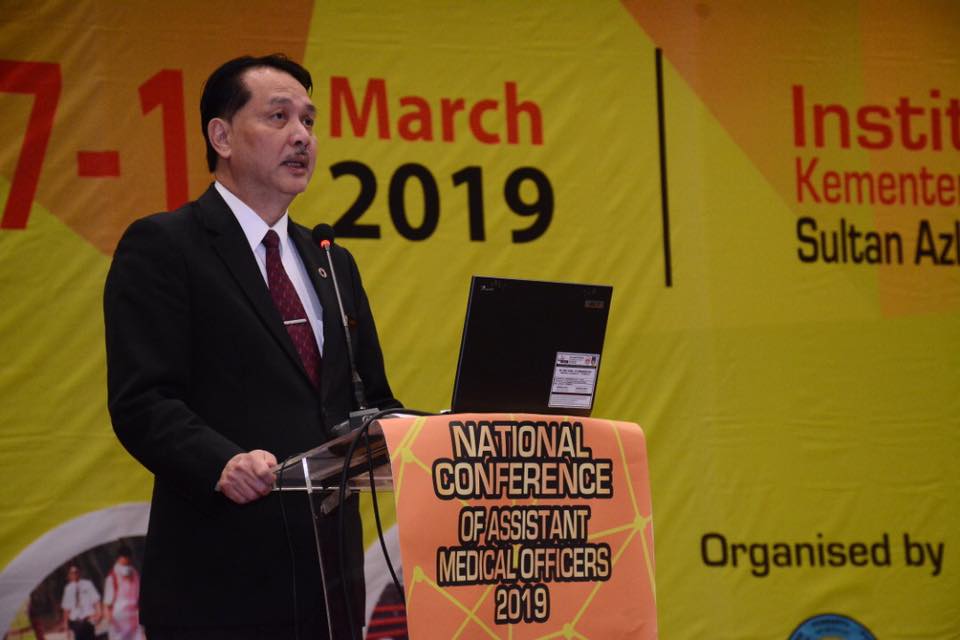KUALA LUMPUR, April 8 — Patients referred from private facilities can choose treatment at third class wards at public hospitals to avoid first class rates, the Health director-general said.
Dr Noor Hisham Abdullah said in a letter to The Star that patients referred from private hospitals could choose to be treated under the full-paying patient (FPP) service at selected government hospitals, or be charged first class rates as a privately referred outpatient who does not opt for the FPP scheme.
“However, those who choose to be treated as inpatients in a third class ward will be charged third class fees even if they are privately referred,” he said.
“Generally, fees for the first class ward in MOH are much cheaper compared to private hospitals, as they are still highly subsidised.”
The Health DG added that all registered patients under the Ministry of Health’s (MOH) Peka B40 health screening programme, including privately referred patients, would be exempted from first class rate fees.
He also said that only 10 MOH hospitals have implemented the FPP, in which patients can choose their own specialists and pay for treatment without any government subsidy, and not 32 as claimed by a Dr S. H. Lee in a letter.
Dr Lee wrote that private medical care was getting increasingly expensive and complained about how patients referred to government hospitals from private facilities were charged first class rates that were sometimes even higher than in the private sector.
He also claimed that although patients could opt for government subsidised treatment, the majority in practice were funnelled into the FPP scheme.
“According to MOH data in 2017, only 0.09 percent of total patient encounters in MOH facilities were from FPP patients. Therefore, it is very inaccurate to say that majority of patients are channelled into the FPP service,” Dr Noor Hisham said in response.
According to the DG, the FPP service earned RM20 million revenue in 2017, increasing to RM22 million in 2018. A portion of the revenue was diverted to FPP specialists, while the rest went to the government’s coffers for health care.
“Since the introduction of the FPP service, the overall specialists’ resignation rate has reduced from 6.4 percent in year 2000 to 3.4 percent in 2017,” said Dr Noor Hisham.
“Data from Putrajaya Hospital (one of the pioneer hospitals for FPP) has shown that it has a lower rate of specialist attrition (2.2 percent) compared to the national average for public hospitals,” he added.
He said the increasing number of specialists in the public sector enabled MOH to reroute specialists to smaller hospitals, complementing MOH’s hospital cluster programme in which several hospitals in a geographical area are grouped together to share resources, including specialist services.








